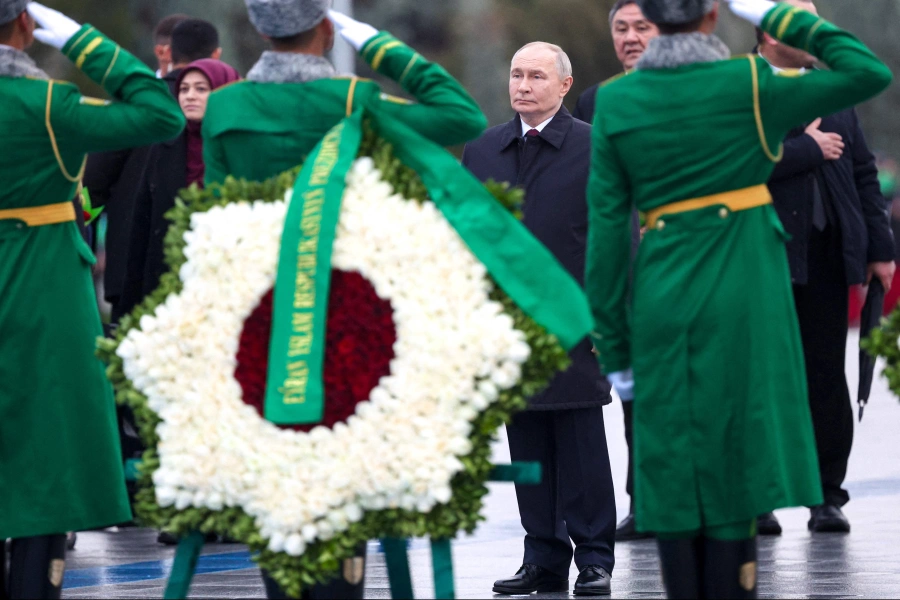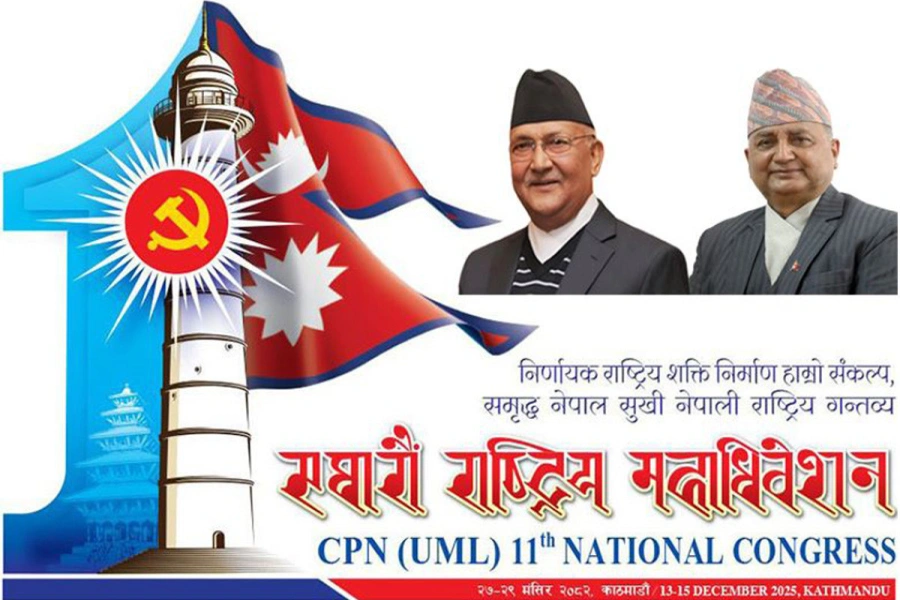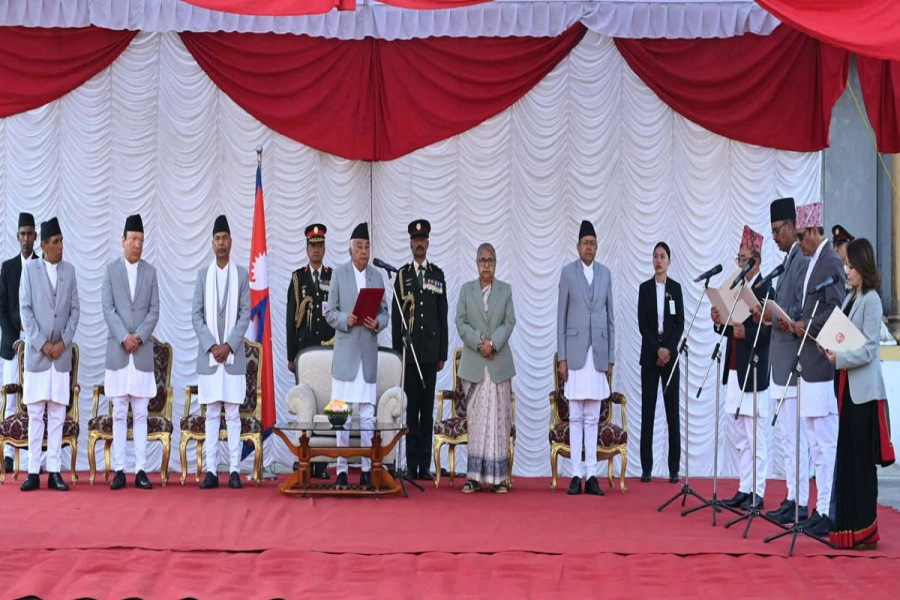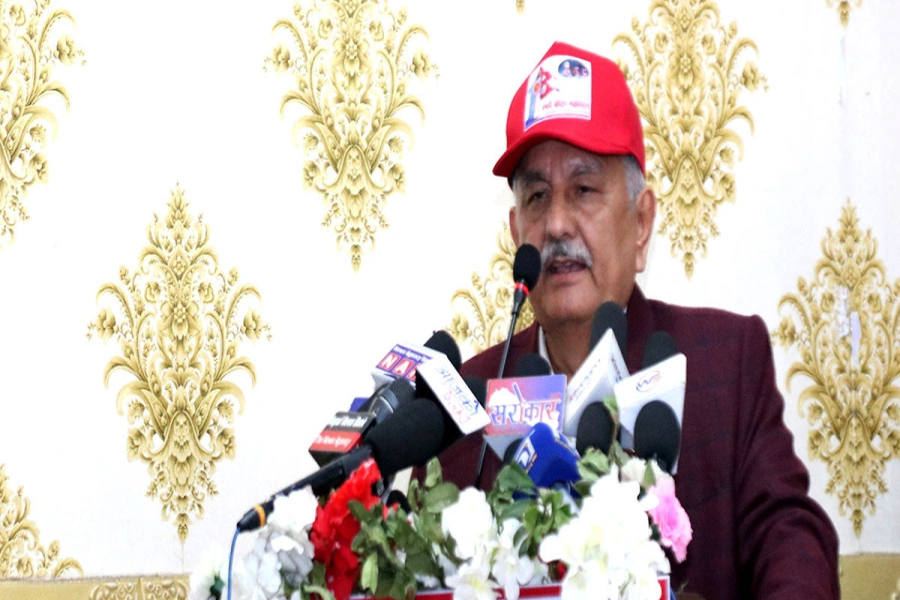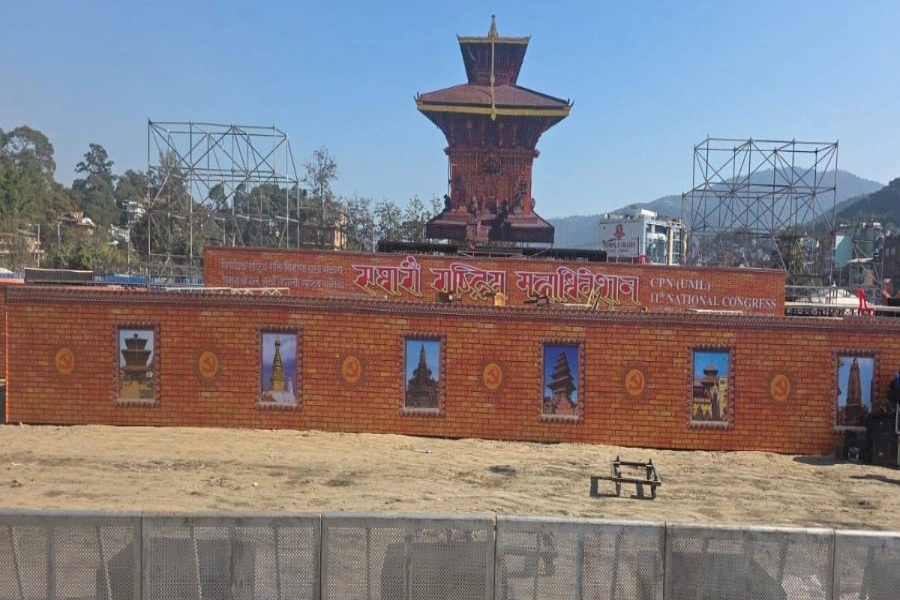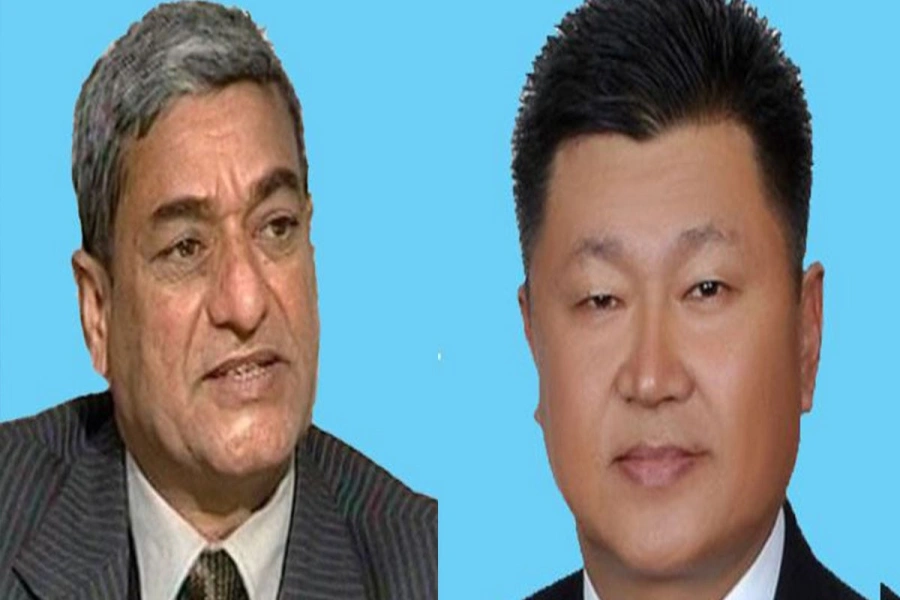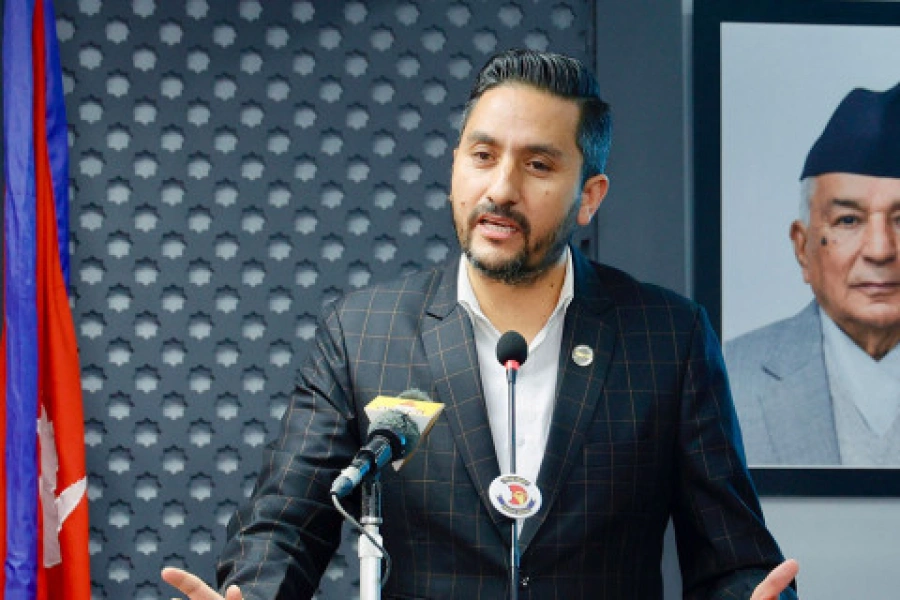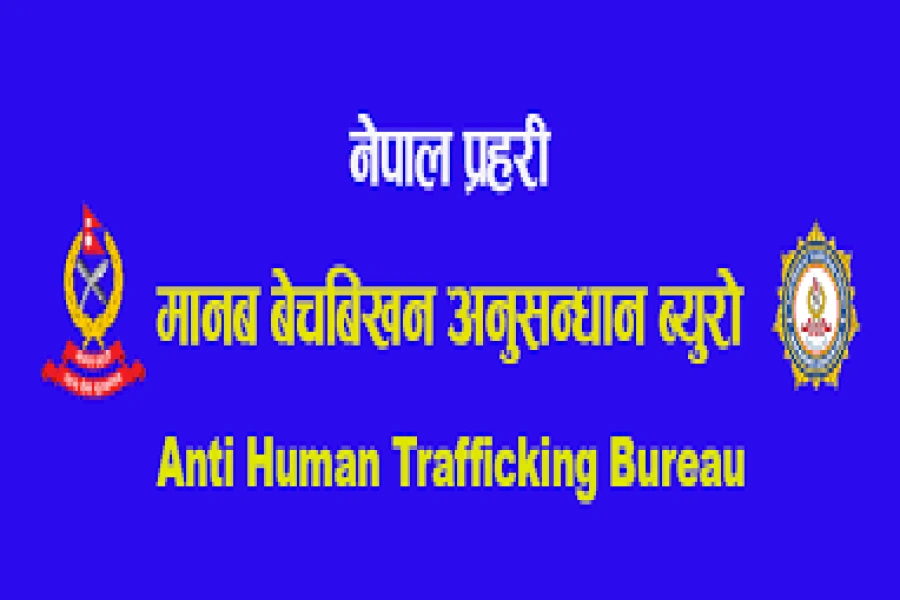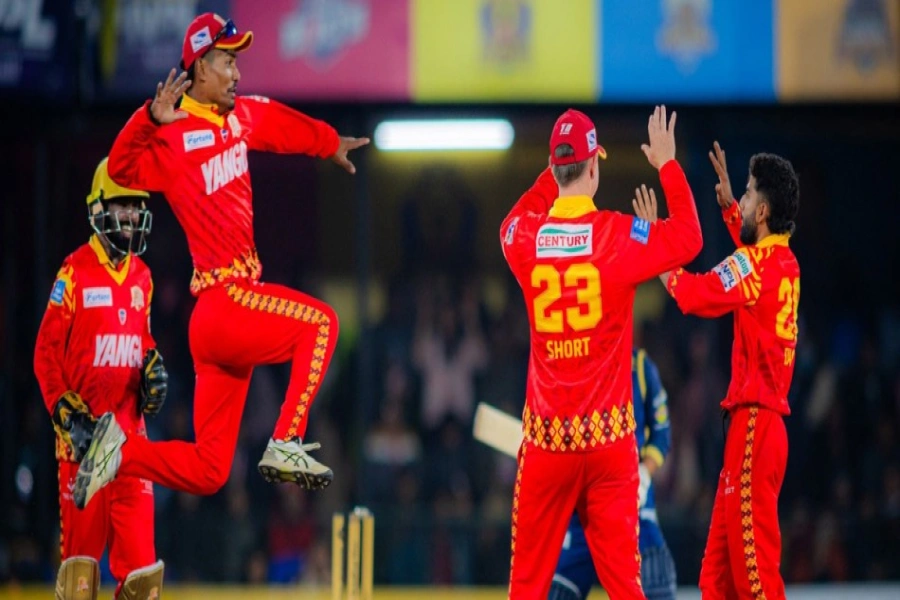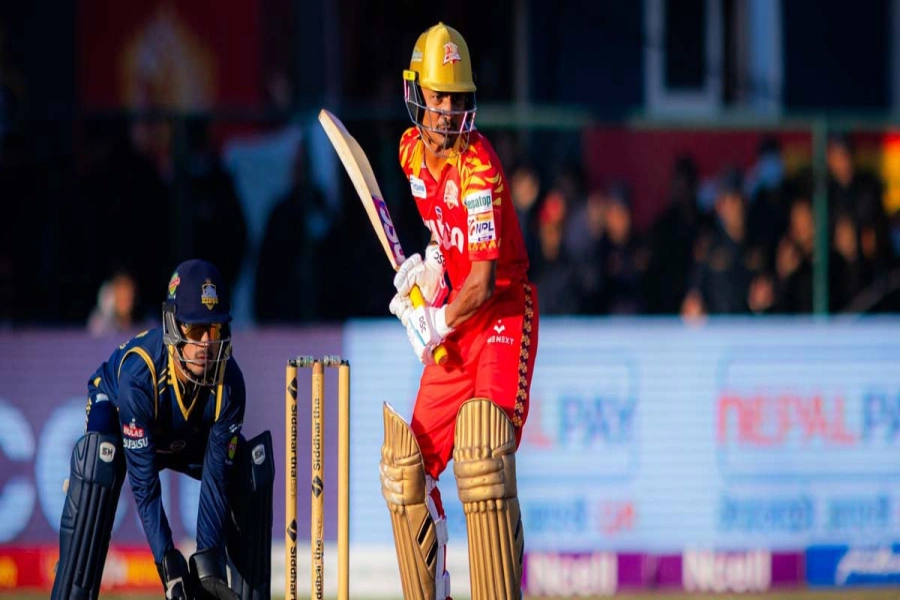KATHMANDU, Feb 13: On June 26, 2006, Surendra Khatri was dreaming of a better life five or 10 years down the line because he was just weeks away from a good job. After four days, he would leave for the Indian town of Benaras for a final appearance to get selected for the Indian army.
He had already passed all the physical and other tests he was put through by the Indian recruitment authorities. As the son of a retired serviceman and having done well in the initial round of tests, he was almost certain to be selected.
He had just 15 more days at his disposal prior to the final selection and he went back to his home village of Babiyachaur, Myagdi to bid farewell to his parents, his wife and others. He didn't want to miss the opportunity.
The recruitment officials had also suggested to him to visit his village as he was almost certain to be enlisted soon. He had already received the gate pass for the final selection.
Once back in his mountainous village, Surendra went to graze his goats near the forest. That was when he noticed an object wrapped in a plastic bag. Out of curiosity he picked it up, and it immediately exploded.
Mothers in wake of foreign employment: Struggles with unwanted...

“My left hand was torn asunder. I found that my eyes were covered with shrapnel and my right hand was also pierced,” he said, recalling that horrific moment that turned his life into a nightmare. “ I realized that my right palm was badly damaged also.”
His body covered with shrapnel, the 18-year-old managed to rush back to his house, leaving the goats behind in the forest. When he was about to reach home he fell down unconscious, weakened by the loss of blood.
His wife Alina carried him inside. He was taken to the district hospital, and then on to Gandaki Hospital in Pokhara . It took an arduous eight hours to reach Pokhara.“When I regained consciousness, I was in a bed at Gandaki Hospital. Both my hands were gone,” he said during an interview in Kathmandu.When the bomb shattered his dreams he had been married more than a year and they had a three-month-old daughter. Later, Alina gave birth to a son.The loss of both his hands left Surendra feeling alienated in life. According to him, the bomb had been left in forest by the Maoists as the army used to patrol that way.
Weeks later Surendra came back home. He was no longer able to eat or put on his clothing by himself. Relatives coming to visit were not helpful when they would say things like, “It would have been better if he had died on the spot”, “Oh, how is he going to live now,” or “Who's going to take care of him.” Such words hurt him more than the bomb shrapnel.
Rendered a disabled , Surendra moved to district headquarters Beni, hoping to better things for his children. But another bombshell landed last month when his wife eloped.
“My poverty must have been too much for her. Disabled as I was, I was unable to support my family,” he said Surendra. “She divorced me some two weeks ago.”
Surendra's mother is now helping to look after the two children—Yasu and Yuken. They live in rented quarters in Beni. Surendra is surviving on a livelihood allowance from the government. He worries about the future of seventh grader Yasu and fourth grader Yuken.
The 10-year Maoist armed insurgency that ended in 2006 with the signing of a Comprehensive Peace Agreement shattered the dreams of many innocent people like Surendra. At least 17,000 people were killed, with an additional 1,300 still missing .
In the 12 years since 2006, the Maoists have joined mainstream politics, but justice for conflict victims remains as elusive as ever. Over 63,000 complaints related to insurgency violence are still pending at the two crucial Transitional Justice bodies—Truth and Reconciliation Commission and Commission of Investigation on Enforced Disappeared Persons.
Civilians injured in Maoist insurgency violence say they remain largely bereft of state aid meant for conflict victims. Also, the Transitional Justice bodies have not been able to pay due attention to their plight. Legal arrangements related to TJ lack any provision for holding accountable those involved in destroying the lives of civilians who had zero role in the insurgency.
“Local peace committees are already dissolved. TRCs and other bodies are also turning dysfunctional,” said Duda Raj Adhikari, another civilian who was injured by a bomb, hurdled by Maoist cadres while he was on the road. “Us civilians injured in the conflict want to unite and organize a national conference soon.”




